First Time Home-buyer Advice Wanted
ScrubOak
10 years ago
Related Stories
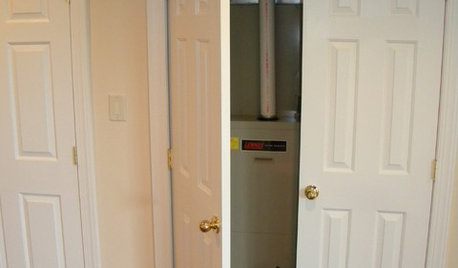
MOST POPULARA First-Time Buyer’s Guide to Home Maintenance
Take care of these tasks to avoid major home hassles, inefficiencies or unsightliness down the road
Full Story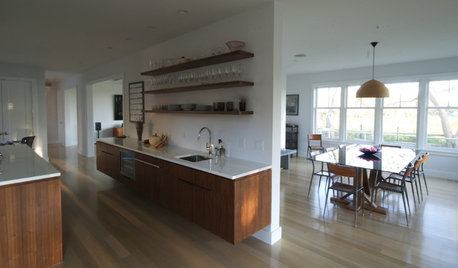
KITCHEN DESIGNThe 4 Things Home Buyers Really Want in Kitchen Cabinetry
For the biggest return on your kitchen investment, you've got to know these key ingredients for cabinetry with wide appeal
Full Story
FURNITUREForever Furniture: A Buyer’s Guide to the Dining Table
There comes a time when a make-do piece of furniture won’t do. We give you a leg up on choosing the right table for you
Full Story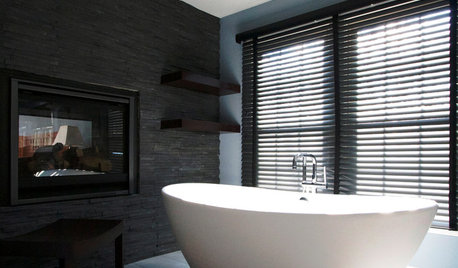
BATHROOM DESIGNDreaming of a Spa Tub at Home? Read This Pro Advice First
Before you float away on visions of jets and bubbles and the steamiest water around, consider these very real spa tub issues
Full Story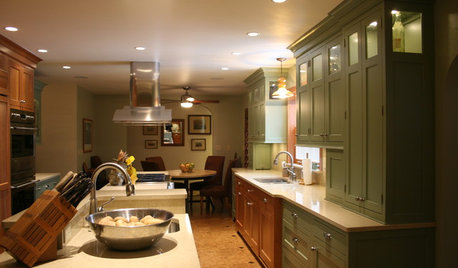
KITCHEN DESIGNSmart Investments in Kitchen Cabinetry — a Realtor's Advice
Get expert info on what cabinet features are worth the money, for both you and potential buyers of your home
Full Story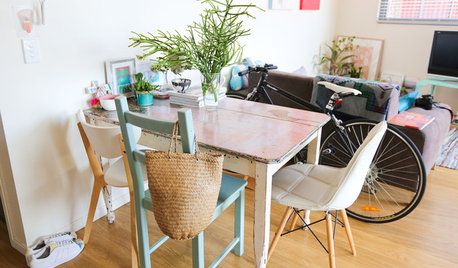
LIFEWorld of Design: Discoveries of 10 First-Time Homeowners
See how people around the globe have shaped their starter houses and made them their own
Full Story
ARCHITECTUREGet a Perfectly Built Home the First Time Around
Yes, you can have a new build you’ll love right off the bat. Consider learning about yourself a bonus
Full Story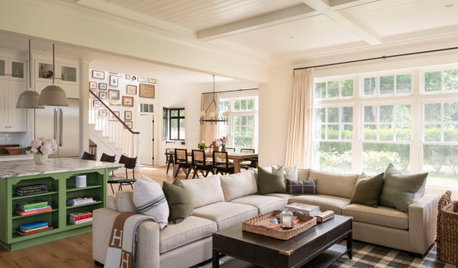
FURNITUREYour Essential Sofa Buying Guide
Here’s what to consider when looking for a quality sofa that will last
Full Story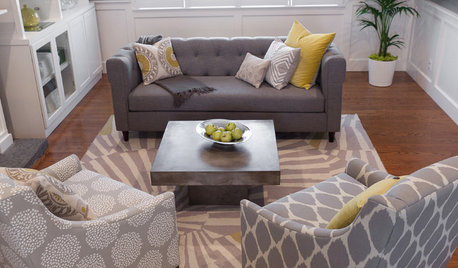
DECORATING GUIDES7 Tips to Sell Your Home Faster to a Younger Buyer
Draw today's home buyers by appealing to their tastes, with these guidelines from an expert decorator
Full Story
HOW TO PHOTOGRAPH YOUR HOUSEAttract Home Buyers Easily With Great Photography
Show your home's best face in real estate listing photos to have potential buyers knocking down your door
Full Story






live_wire_oak
rrah
Related Professionals
Asbury Park Architects & Building Designers · Dayton Architects & Building Designers · Doctor Phillips Architects & Building Designers · Anchorage General Contractors · Augusta General Contractors · Bryn Mawr-Skyway General Contractors · Country Club Hills General Contractors · DeSoto General Contractors · Fort Pierce General Contractors · Jackson General Contractors · Los Alamitos General Contractors · Montclair General Contractors · Troutdale General Contractors · Lake Elsinore Interior Designers & Decorators · Mount Sinai Interior Designers & DecoratorsILoveCookie
marie_ndcal
ncrealestateguy
weedyacres
liriodendron
ScrubOakOriginal Author
jonw9
ScrubOakOriginal Author